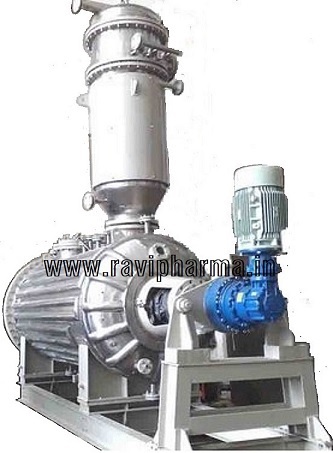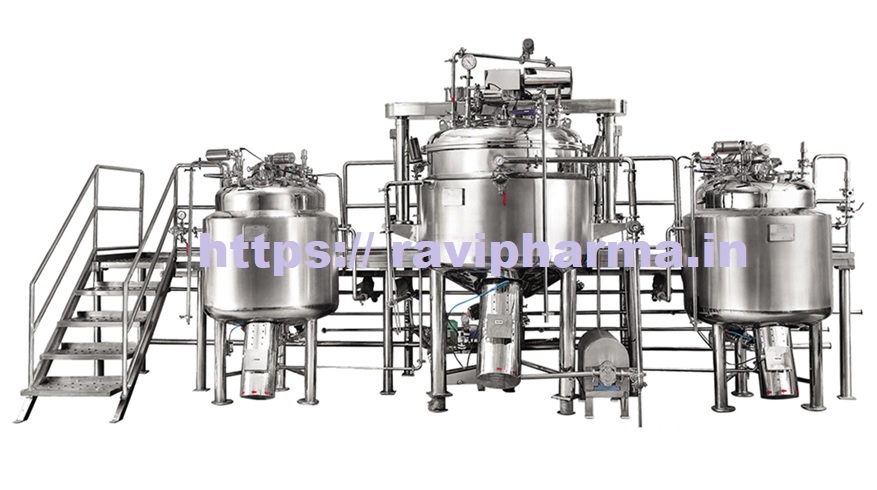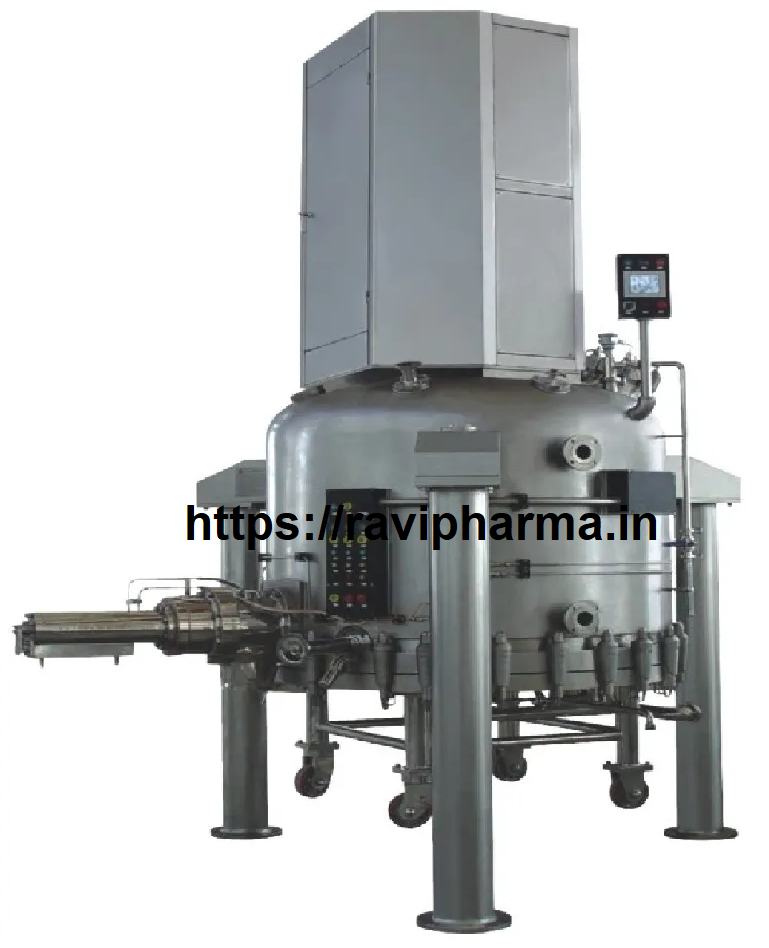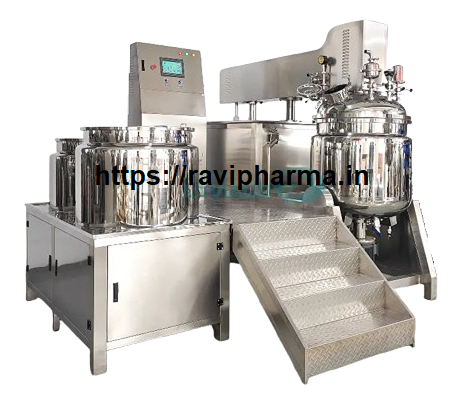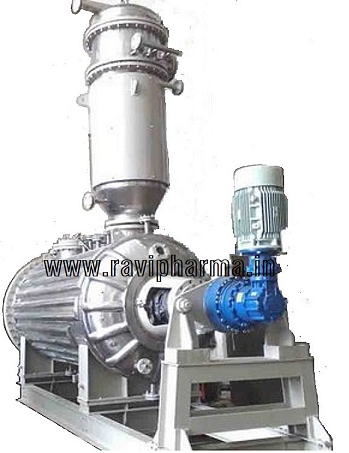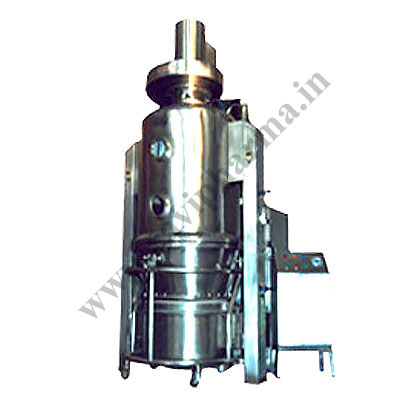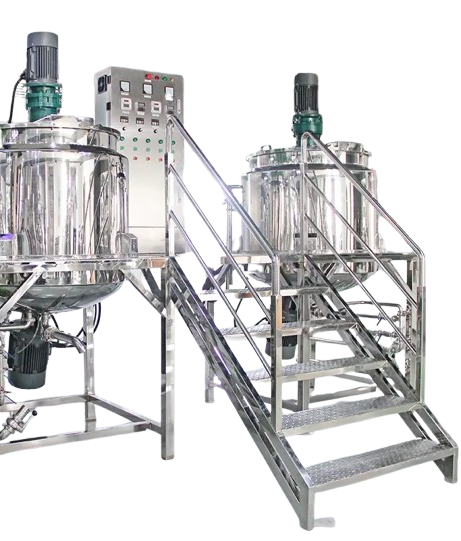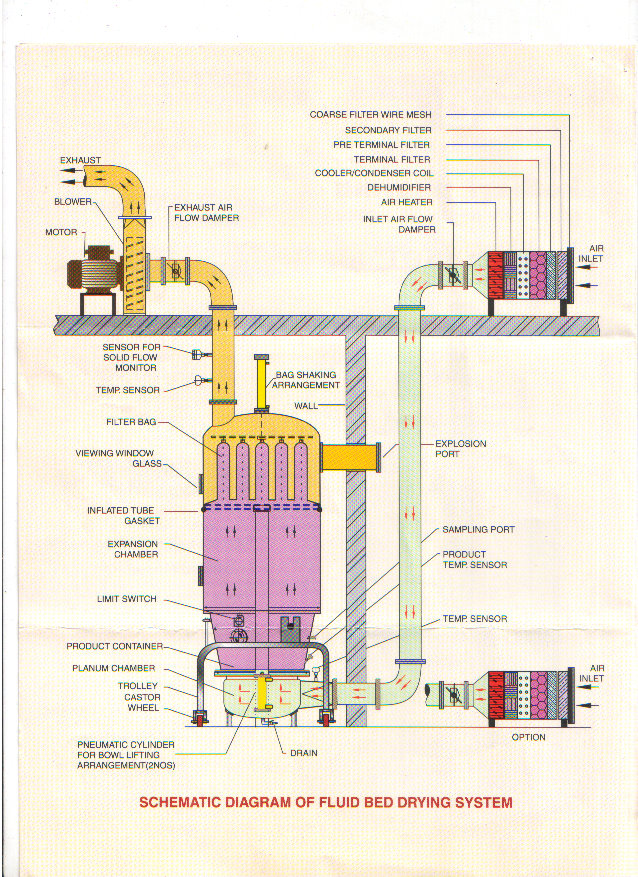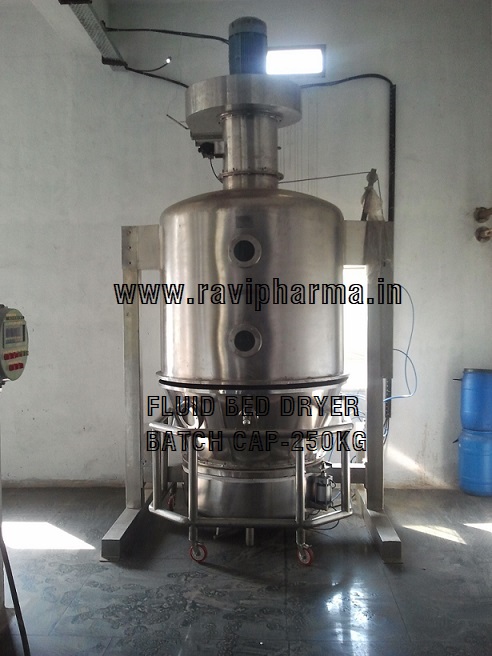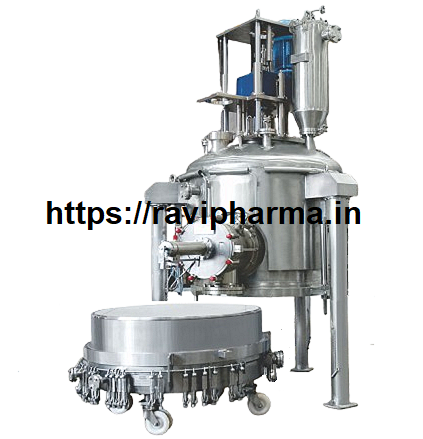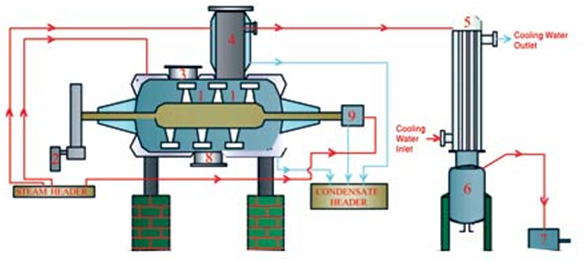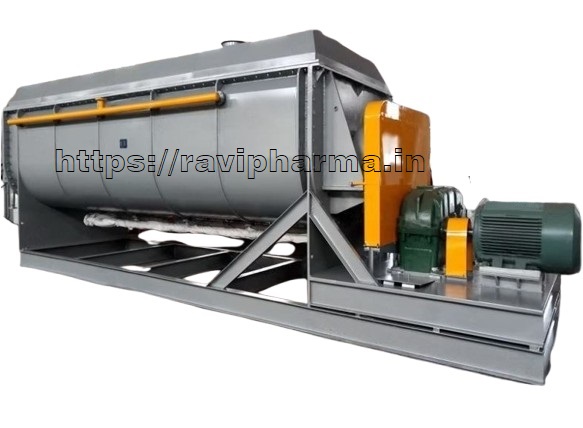
A cream manufacturing plant is a specialized facility designed to produce creams for various industries, including pharmaceuticals, cosmetics, and personal care. These plants utilize advanced machinery and follow strict guidelines to ensure the consistent production of high-quality creams, such as moisturizers, medicinal creams, anti-aging products, and more.
Key Components of a Cream Manufacturing Plant:
- Raw Material Storage & Handling:
- Ingredients like oils, emulsifiers, active ingredients, and preservatives are stored under controlled conditions. Automated systems help in the accurate dosing and handling of these materials.
- Mixing and Blending Units:
- Water Phase Vessel: Water-soluble ingredients are dissolved and heated in this vessel.
- Oil Phase Vessel: Oil-soluble ingredients like waxes, oils, and fatty acids are heated and blended in the oil phase vessel.
- Emulsification & Homogenization:
- The water and oil phases are combined using high-speed mixers or homogenizers to form a stable emulsion. This process ensures that the cream has a smooth texture and consistency, without separation of its phases.
- Cooling and Mixing:
- After emulsification, the cream is gradually cooled while being continuously mixed to achieve the desired texture and consistency. Any heat-sensitive active ingredients or fragrances are added during this stage.
- Vacuum Deaeration:
- Vacuum deaeration removes air bubbles trapped during the mixing process, ensuring a smooth, air-free cream that enhances product stability and appearance.
- Filling and Packaging:
- The finished cream is transferred to automated filling machines that dispense it into tubes, jars, or containers. The packaging process is followed by sealing, labeling, and inspection to ensure proper hygiene and compliance.
- Quality Control:
- Throughout the production process, samples are tested to meet industry standards for pH balance, viscosity, microbial control, and ingredient potency. Stability testing ensures the cream maintains its properties throughout its shelf life.
- Sterilization & Cleaning Systems:
- Clean-in-place (CIP) and sterilize-in-place (SIP) systems are used to ensure that all equipment is sterilized and free from contamination between production runs.
Types of Creams Produced:
- Pharmaceutical Creams: For medicinal purposes, such as steroid creams, antibiotic creams, or anti-inflammatory creams.
- Cosmetic Creams: Used in skincare, including moisturizers, anti-aging creams, and sun protection creams.
- Personal Care Creams: Such as body creams, hand creams, and hair conditioning creams.
Equipment Used:
- Mixing Vessels (Water & Oil Phases)
- High-Shear Homogenizers
- Vacuum Deaerators
- Filling & Sealing Machines
- CIP/SIP Systems
Email: For detailed inquiries or quotes, email us at: raviinternational01@gmail.com
Phone: Speak to a representative directly by calling: 91-9819030056
Online Form: Fill out below contact form for a quick response, and we’ll get back to you within 24 hours.
